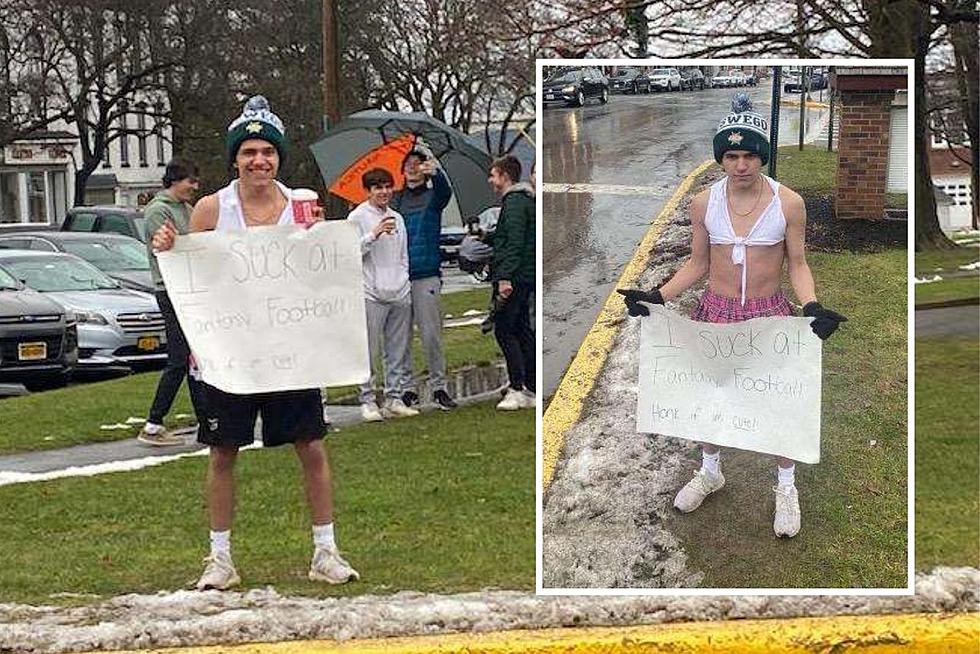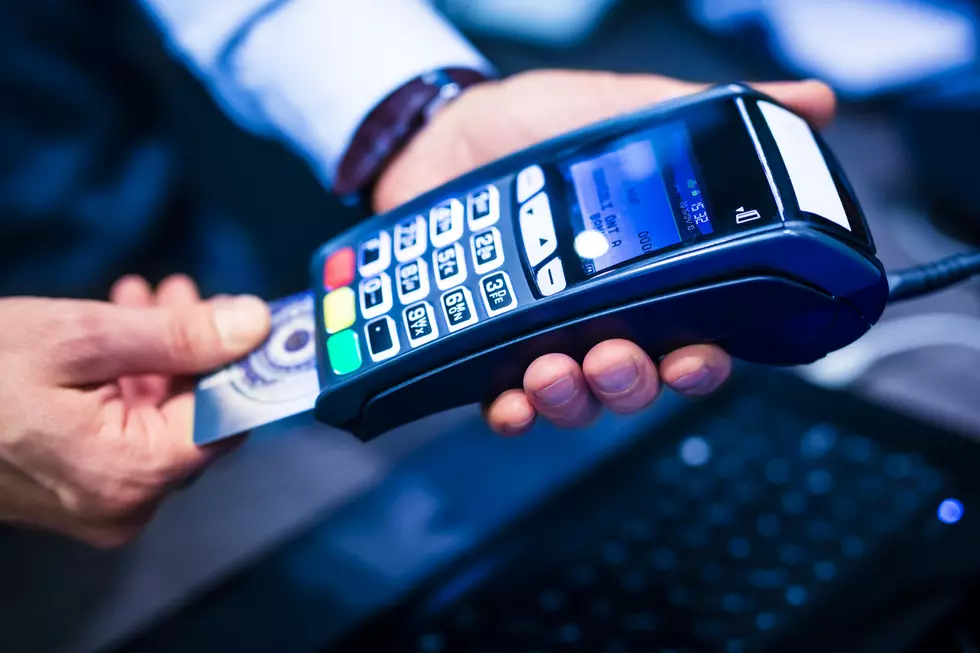
Beware of the Latest Scam: A Text Message with a Fake Surprise Offer
Whatever you do, don't click on the link in that "too good to be true" text message you just received. Con artists are now using personalized text messages sent to your cell phone to lure you into clicking on the link that takes you to a fraudulent site or phone number, according to the Better Business Bureau.
You've won a prize from AT&T! Actually, you're about to give the scammer a prize if you click on the link because the text isn't coming from AT&T at all. It's actually coming from a con artist offering a deal so they can get your password and user name, among other nefarious acts.
Scams like these aren't exclusive to AT&T. The con artists use all sorts of well known companies in their scam. Here are three examples from the Better Business Bureau.
- “COVID-19 REFUND. VERIZON COMPANY is giving out $950 to all users of our Verizon service, If yes kindly text your Verizon”
- “Due to the pandemic, Hulu is giving everyone a free 1-year subscription to help you stay at home. Get yours here [link].
- "AT&T... Sorry for the coverage issues... Here's a little gift: [link]"
The BBB says that the messages don't originate with that company, but come from an impersonator looking to "access your accounts and even make purchases using your saved payment methods."
How to avoid text message scams?
How to avoid Text Message Scams
- Treat messages from unknown senders with caution. If you receive a message from a number you don’t recognize, be careful. Many companies engage in SMS marketing, but keep in mind that consumers must opt-in to receive messages. If you haven’t given a company permission to text you, it’s probably a scam.
- Don’t click on links from strangers. Scammers often send shortened links that don’t let you see where it leads in the body of their text message. If you click the link, you could be directed to a dangerous website, or you could download malware onto your device.
- Confirm deals directly with the company before you accept. If you are hoping the deal is legitimate, go to the company’s official website to send an email, or call to inquire. The company can let you know if the deal is real or not.
- Install antivirus software on your computer and mobile devices. This kind of scam can come from text messages or emails, so make sure all your electronics are protected. Antivirus software can scan for malware and alert you before you open a malicious website link.
- Alert the company. It will help to fight the problem. AT&T and Verizon are asking consumers to forward suspicious messages to 7726 (SPAM).
The BBB asks that if you've been the victim of a similar scam, report it to the bureau's scam tracker on their website at www.bbb.org/scamtracker.
CHECK IT OUT: How To Unlock Your iPhone With Your Voice
KEEP LOOKING: See what 50 company logos looked like then and now
More From Big Frog 104










